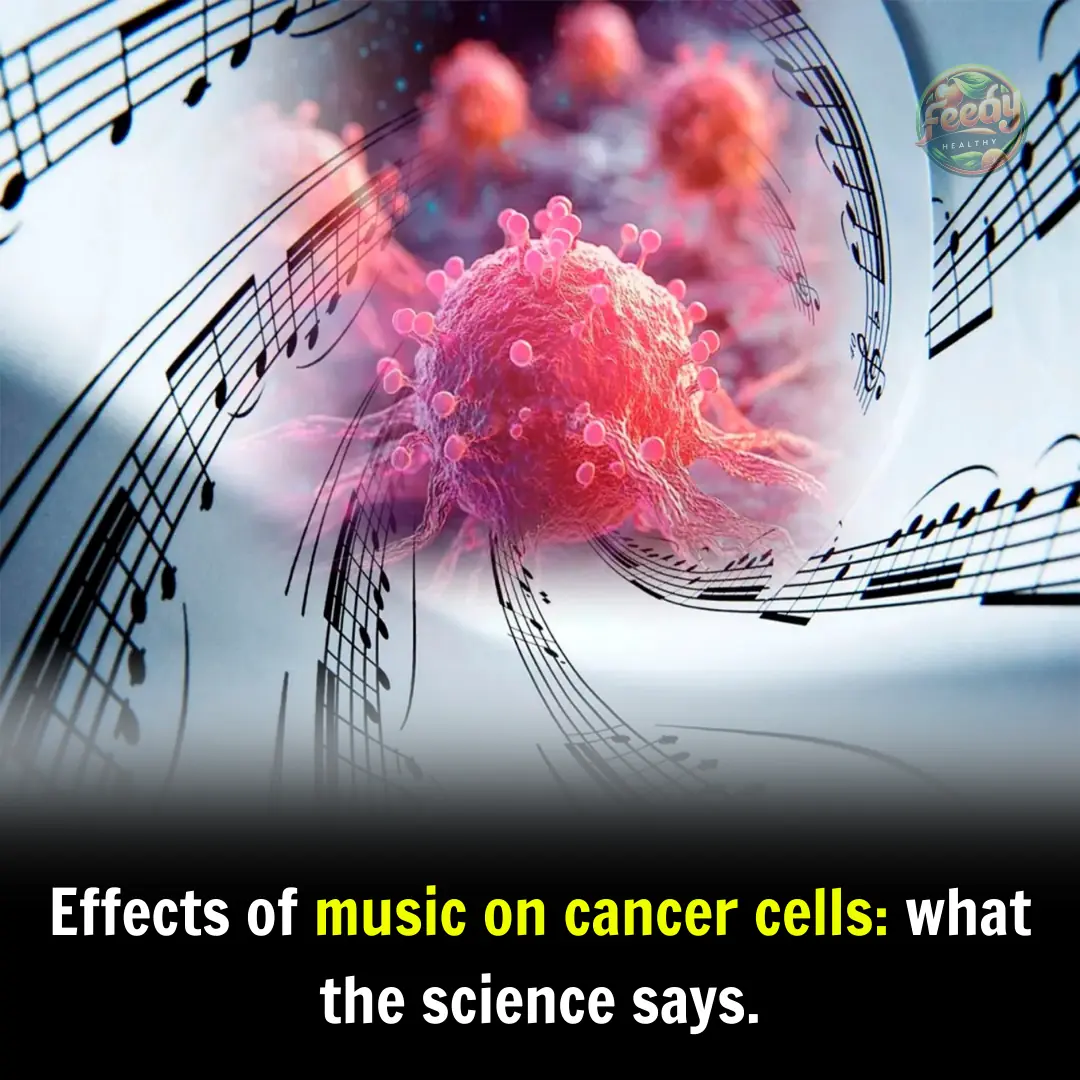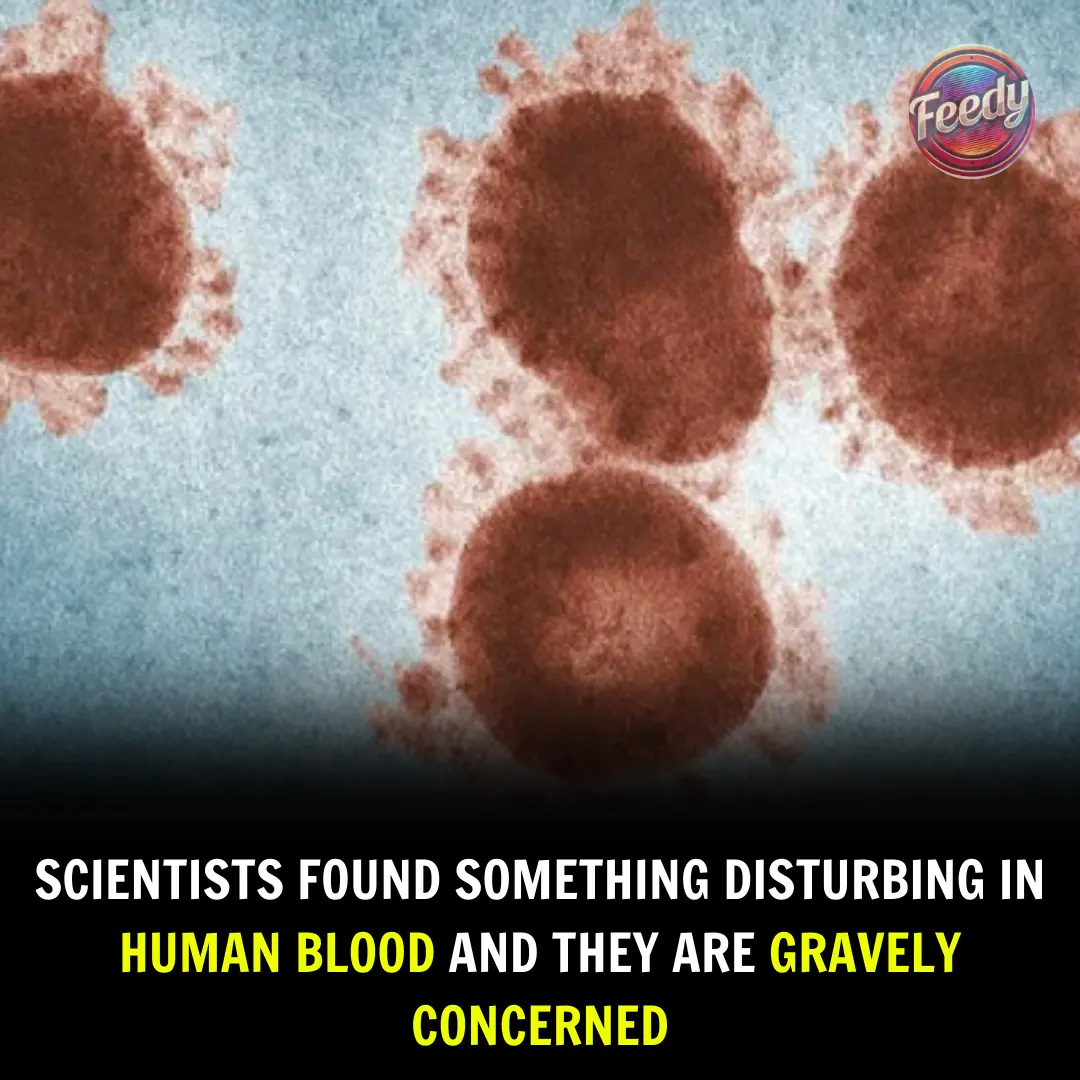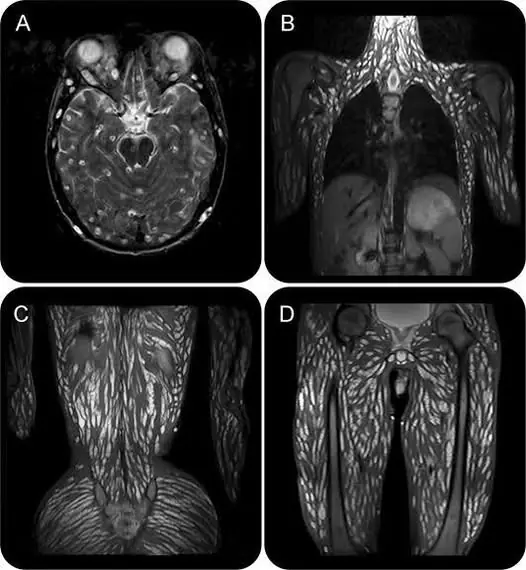Music has been used throughout history as a therapeutic tool to relieve pain, reduce anxiety, and improve emotional well-being. In recent years, various studies have explored its impact in the biomedical field, including its effect on cancer.
Recent studies suggest that certain types of music can influence the proliferation and gene expression of cancer cells. But what does science say about this? In this article, we explore the most relevant findings on the effects of music on cancer, based on recent research.

The relationship between music and cell biology
Sound is a mechanical wave that can induce biological responses in organisms. Although its impact has traditionally been associated with auditory perception, studies have shown that sound vibrations can influence cell morphology and physiology.
Read More: WHO warns that cancer cases will increase by 77% worldwide by 2050.

Previous research has shown that cells respond to mechanical stimuli, suggesting that music could modulate cellular processes without the need for an auditory system. Furthermore, it has been suggested that exposure to certain frequencies could modify intercellular communication and homeostasis.
Effects of music on cancer cell proliferation
A study conducted at the Catholic University of the North in Chile exposed AGS gastric cancer cells to two musical genres: classical music (Beethoven) and death metal (Cannibal Corpse). The results showed that cell proliferation increased significantly with exposure to death metal, while classical music did not have the same effect.
Additionally, it was observed that both genders altered the expression of genes related to apoptosis and the cell cycle, such as caspase-3 and p53, suggesting that music could play a relevant role in the regulation of these processes.

Another study explored the impact of music on various cancer cell lines, including breast (MCF-7) , prostate (PC-3), and colon (COLO741) cancer cells. Repeated exposure to classical music was found to decrease cell viability in several cell types, suggesting a possible antiproliferative effect. Changes in the expression of transcription factors involved in tumor progression were also analyzed.
Music and apoptosis in gene expression
The process of apoptosis, or programmed cell death, is crucial in the development and control of cancer. Recent studies have shown that music can induce changes in the expression of pro- and anti-apoptotic genes. For example, exposure to classical music induced an increase in the expression of caspase-3 and caspase-8, key enzymes in apoptosis.
In contrast, death metal music suppressed the expression of the PUMA gene, a critical modulator of apoptosis. These results suggest that certain types of music can alter the balance between cell proliferation and death.

In another study, MCF-7 breast cancer cells exposed to music by Mozart, Beethoven, and Ligeti showed cell cycle alterations. An increase in S phase was observed, suggesting that music may be interfering with cell progression and promoting apoptosis.
In particular, Beethoven's Fifth Symphony reduced cell viability by 20% and altered cell morphology, suggesting an impact on their metabolism and structure. It is suggested that its harmonic complexity could trigger specific cellular responses, opening up new lines of research into the effects of music on biological processes.
Frequencies and amplitude in cellular response
The biological effects of music appear to be influenced by the frequency and amplitude of sound waves. Death metal music has been found to have a broader frequency range (up to 15 kHz) compared to classical music (up to 10 kHz), which could explain their differences in gene modulation and cell proliferation.

Furthermore, it has been suggested that sound waves can alter the surface tension and structure of cell membranes, affecting processes such as signal transduction and intercellular communication. These effects could be mediated through changes in the conformation of membrane proteins and the activity of pressure-sensitive ion channels.
Therapeutic implications and future research
The findings suggest that music could play a complementary role in cancer treatment. The possibility of modulating cell proliferation and gene expression through sound stimuli opens up new avenues of research for cancer therapy.
However, a deeper understanding of the underlying molecular mechanisms is needed, as well as determining the most effective sound frequencies and patterns for inducing therapeutic effects. Future research could focus on identifying frequency combinations that maximize the apoptotic effect on tumor cells without affecting healthy cells.
In conclusion
Music not only impacts the emotional state of cancer patients, but may also have direct effects on cell biology. Recent research has shown that different musical genres can modulate cell proliferation and the expression of genes associated with apoptosis and the cell cycle.
Although the specific mechanisms are not yet fully understood, these findings highlight the potential of music as a complementary tool in cancer research. Future studies may help define how to optimize the use of music in cancer therapy, paving the way for innovative approaches in personalized medicine.



















































